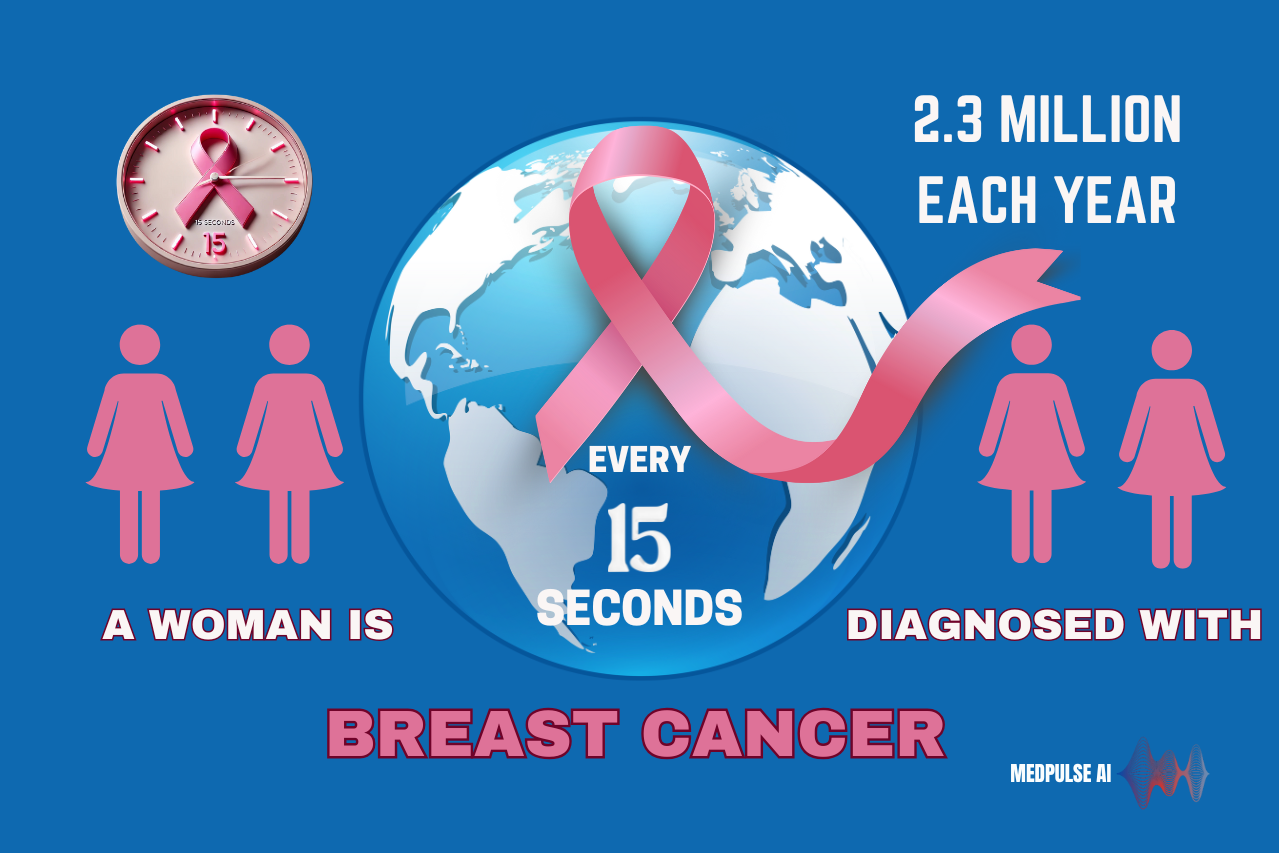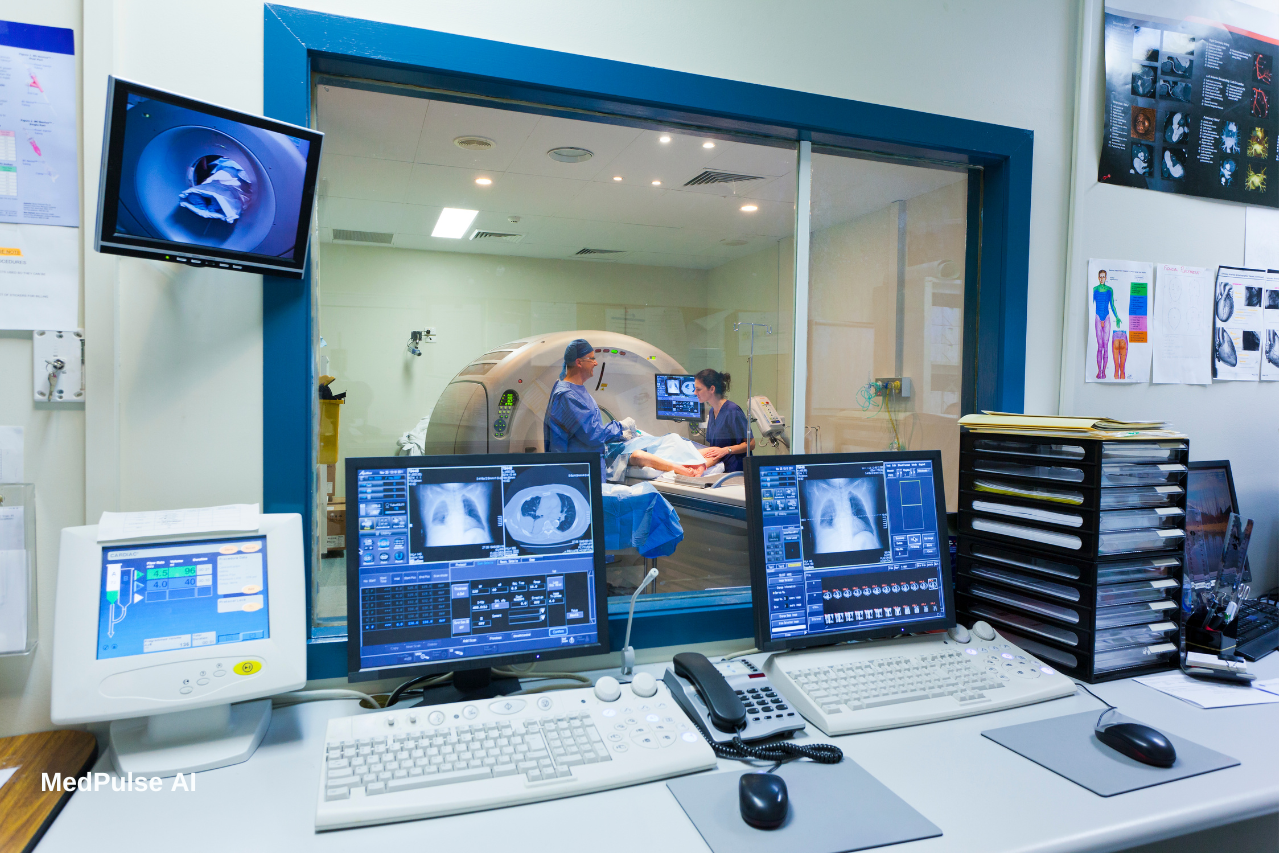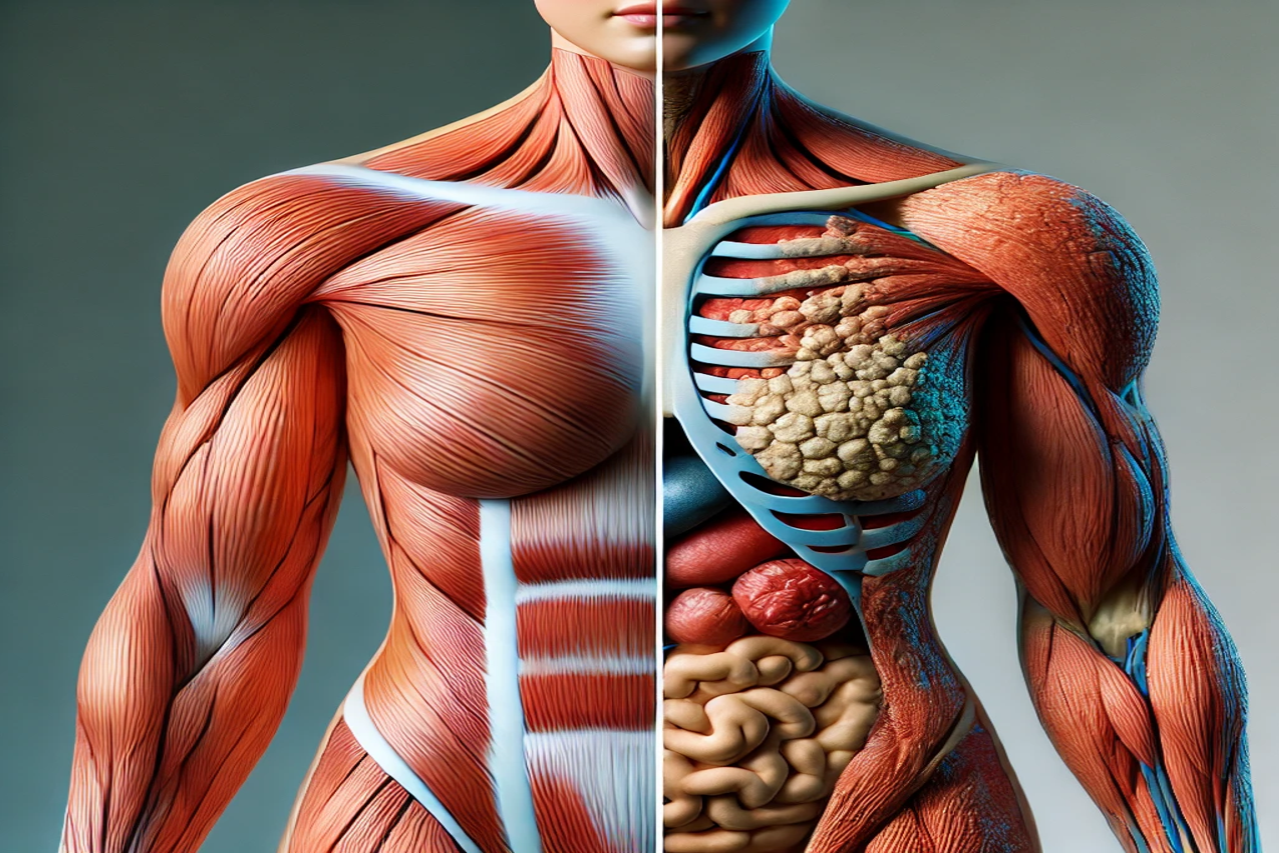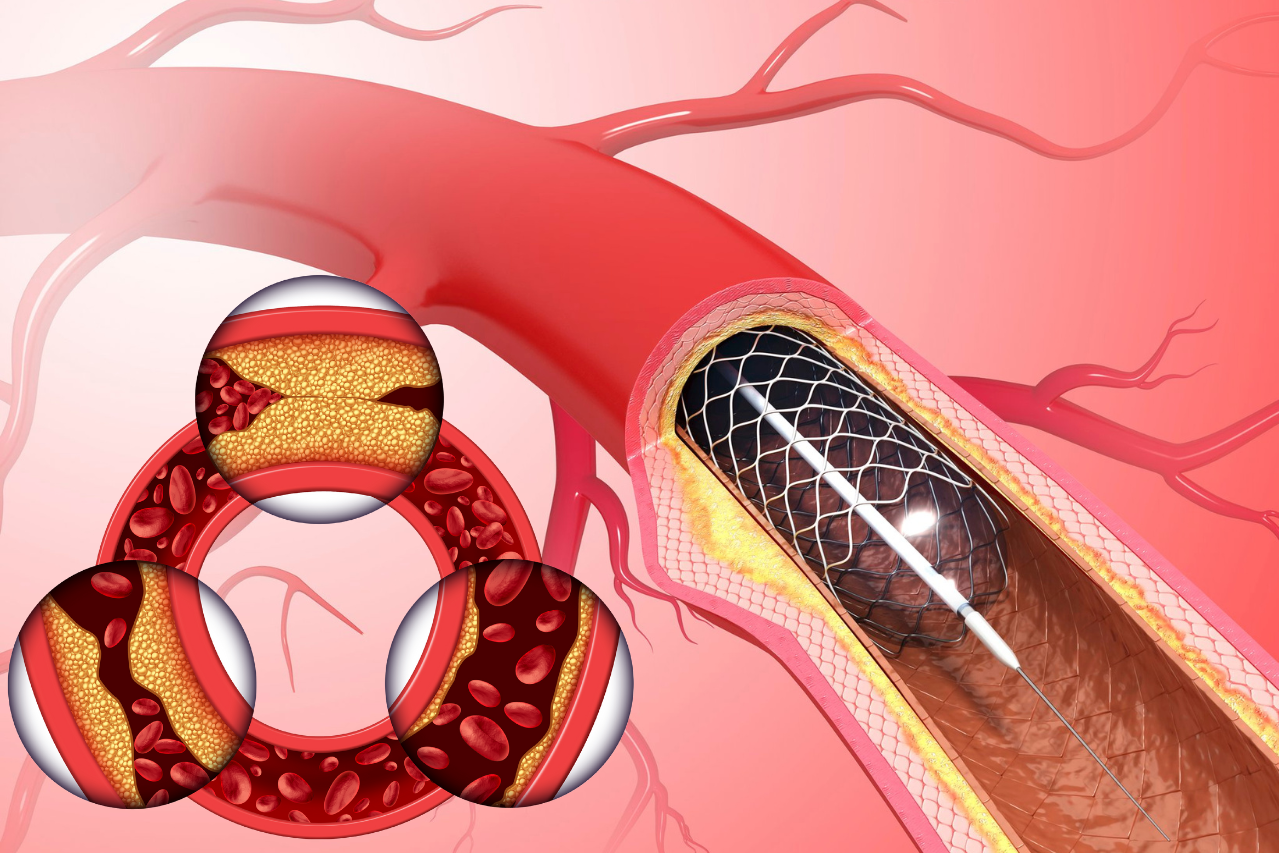When it comes to breast cancer, early detection is crucial, as survival rates can be as high as 90% when breast cancer is caught in the early stages. Yet in areas like the Amazon, these screenings are largely inaccessible, highlighting a significant gap in global healthcare access. Women often face arduous multi-day journeys to reach screening facilities, an unfeasible endeavor for many due to both financial and logistical barriers.
This understanding is central to the work of Dr. Sabrina Bianco, a breast cancer specialist at Sensumed in Manaus, Brazil. With a daily caseload of over 80 patients, Dr. Bianco often has the difficult task of informing approximately 30% of her patients that they have breast cancer.
The logistical challenges her patients face are considerable. Many live in remote areas, where access to healthcare is hindered by the reliance on river travel and a scarcity of transportation options. Consequently, routine screenings are rare, and many cases are more advanced by the time patients arrive for diagnosis.
Additionally, the shortage of healthcare professionals compounds these difficulties. Manaus, a bustling city of around two million people and the largest Indigenous population center in Brazil, is also Dr. Bianco’s hometown and serves as the heart of the Amazon rainforest. As the first breast cancer radiologist in the region, she works tirelessly to address the unique needs of this vast, underserved population.
Dr. Sabrina Bianco’s mission to bring breast cancer screenings to women in the Amazon rainforest is a vital initiative in addressing a growing global health issue. Breast cancer remains the most common cancer among women worldwide, with approximately 2.3 million new cases diagnosed each year. It is the leading cause of cancer-related deaths in women, contributing to around 685,000 fatalities annually.
According to the World Health Organization (WHO), breast cancer has now surpassed lung cancer as the most commonly diagnosed cancer worldwide, affecting approximately 2.3 million women each year. This high prevalence makes early detection and timely treatment essential.
The burden of breast cancer is expected to grow, with cases projected to increase by nearly 40% by 2040, potentially reaching over 3 million new diagnoses annually. The disease’s global impact also varies significantly by region, with higher rates in economically developed areas but a greater share of deaths occurring in low-resource settings due to limited access to early detection and treatment World Health Organization (WHO).
WHO’s Global Breast Cancer Initiative aims to address these disparities by promoting breast health, improving screening access, and ensuring quality care across regions. Dr. Sabrina Bianco’s mission aligns with this initiative, in collaboration with Daiichi Sankyo Brasil, the International Atomic Energy Agency (IAEA), and GE Healthcare, Dr. Bianco’s project has mobilized mammography units aboard Brazilian Navy ships like the Carlos Chagas and Soares de Meirelles. These ships navigate the Amazon River, delivering essential breast cancer screenings directly to underserved communities along the riverbanks. Each mobile unit is equipped to handle up to 1,000 screenings annually, significantly increasing early detection access and breast health awareness in communities where such services are rare or nonexistent.
A notable enhancement to this initiative is the integration of an AI-powered ultrasound solution provided by GE Healthcare. This AI-driven technology supports mammography units by delivering high-quality imaging optimized for dense breast tissue, which is common among diverse patient populations. The AI solution not only improves the precision of these screenings but also enhances the comfort and speed of the procedure, which is critical in challenging and resource-limited environments. By analyzing and identifying potential areas of concern more effectively, the AI solution aids clinicians in diagnosing cancer at earlier stages, thereby improving treatment outcomes.
These initiatives underscore the importance of equitable healthcare access and preventive care in fighting breast cancer globally. Dr. Bianco’s mission showcases the power of combining AI innovations with mobile healthcare solutions to overcome geographical and healthcare disparities. By leveraging these partnerships and state-of-the-art technology, this initiative not only increases breast cancer screening rates but also sets a model for healthcare accessibility in remote or underserved regions worldwide, illustrating how AI and mobile units can work together to provide life-saving care where it’s needed most.
Dr. Bianco’s work exemplifies how AI can play a vital role in providing healthcare to underserved populations, especially in the fight against breast cancer. By harnessing AI-driven diagnostic tools, she’s able to bring advanced care directly to patients in remote Amazonian communities. These tools enable early detection, often identifying cancers that would otherwise go undiagnosed until more advanced stages, thus significantly improving survival rates.
In line with WHO’s Global Breast Cancer Initiative, this approach reflects a broader goal: to leverage technology to close healthcare gaps globally. As AI continues to evolve, it holds the promise of scaling essential healthcare services in regions with limited medical infrastructure, making screenings and accurate diagnoses accessible where they’re needed most. Dr. Bianco’s mission not only advances breast cancer care in Brazil but also serves as an inspiring model for using technology to bring life-saving healthcare to communities across the world.
Are you interested in how AI is changing healthcare? Subscribe to our newsletter, “PulsePoint,” for updates, insights, and trends on AI innovations in healthcare.




